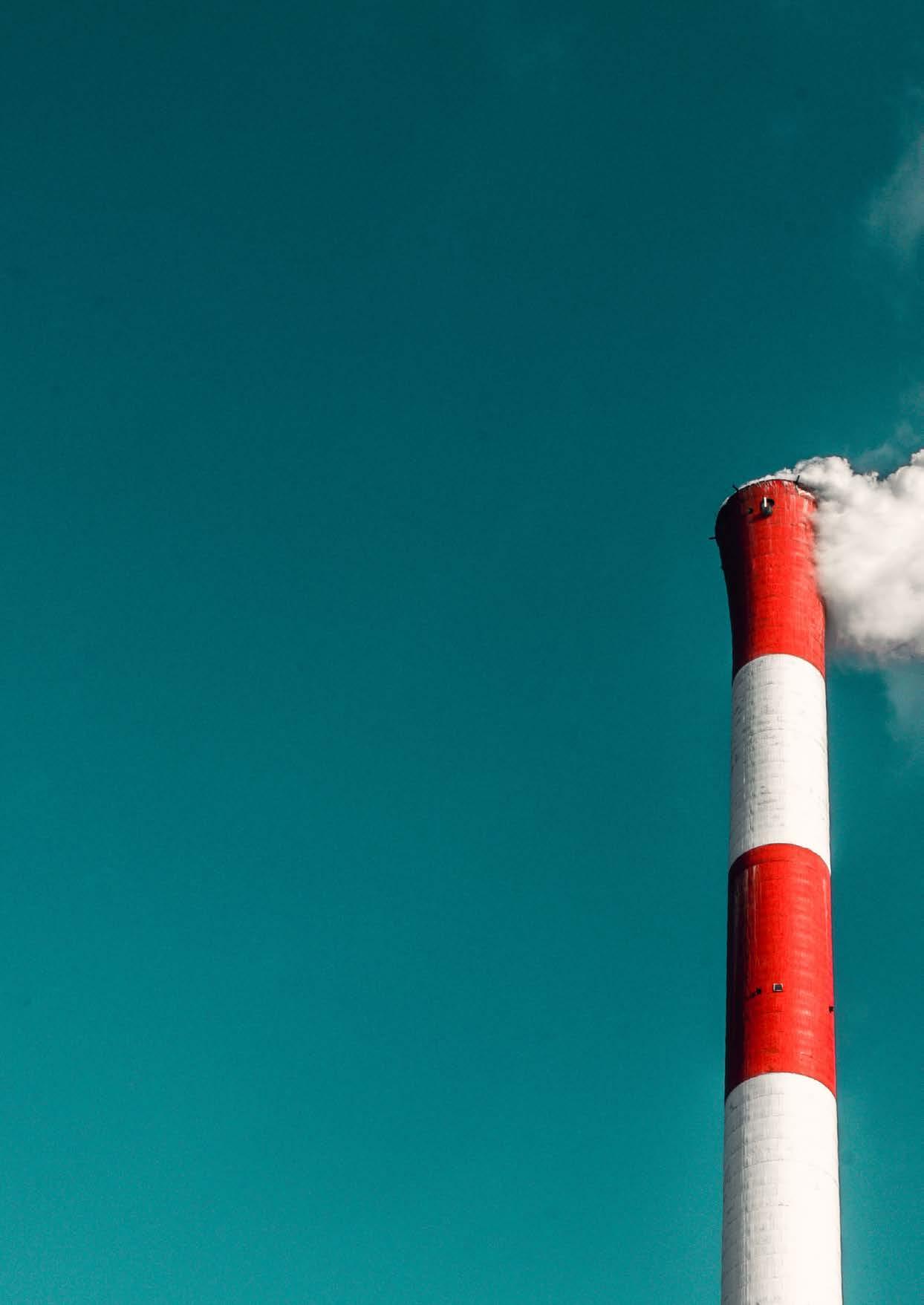
3 minute read
Call to Climate Action Webinar
WHAT WILL MATTER MOST IN THE NEXT 5 YEARS?
Climate change affects all of us in profoundly different ways. Many of the 300+ alums in the Weidenfeld-Hoffmann Trust network are at the forefront in the fight against poverty, climate change and biodiversity loss, through their work in governmental and non-governmental organisations, by leading social, transformative, and empowering enterprises. In our first Annual Climate Action Webinar, led by invited speakers Irina Fedorenko and Cvete Koneska, joined by Co-Founder André Hoffmann, scholars were invited to contribute to one of the most important conversations of our time.
A BETTER WAY TO USE LAND AND WATER
WHT scholars understand the intricate connections between forest ecosystems, coastal ecosystems, and human food systems. The preservation (and healing) of these systems, within a framework of balance and mutual aid, needs to be at the top of the agenda for governments and for business and enterprise and this can be supported in many tangible ways: Investments in Smart Agriculture to increase the productivity of land, reduce waste, and favour natural fertilisers and pesticides. Promotion of Urban Gardens and Allotments both to reduce carbon emissions due to food transportation, and to make our cities more permeable to nature by supporting, for example, migration routes.
Active Reforestation Campaigns starting with the key species, such as mangroves, that can anchor the regeneration of flora and fauna.
Crowdfunding and Networking platforms to connect climate activists with each other, and to investors interested in direct action.
“We believe in the butterfly effect and in the power of the small. We work with communities around the world and find eco-heroes, who restore mangrove ecosystems and match them with investors. This coupled with innovative monitoring from drones and satellites enables great positive impact on climate and people.”
Irina Fedorenko
Russia, 2016 Hoffmann Scholar Co-Founder, Vlinder Climate
“The scale of emissions fall disproportionately higher among the few rich countries and fossil fuel companies, so the responsibility to address the negative impacts should also rest disproportionately in those very hands. However, I think that the current ‘shared accountability’ narrative to address the impacts of climate change, have failed to do so. It has overburdened smaller economies, like my home country Nepal, with nominal emissions, who struggle to meet basic developmental needs.”
Bivishika Bhandari
Nepal, 2020 Louis Dreyfus-Weidenfeld and Hoffmann Intern, Louis Dreyfus Foundation Sustainable Development Goal 13, one of 17 Sustainable Development Goals established by the United Nations in 2015, is about climate action. The official wording is to “Take urgent action to combat climate change and its impacts”.
MARKETS THAT FOSTER SUSTAINABILITY BY DESIGN
WHT Scholars offer a radical change of perspective and believe that we should aim at creating commercial markets that solve the problem by design, with a mix of tried and tested and original ideas: Mandates for Corporations to Identify their Impact on the environment to increase transparency and trust and avoid the offloading of the carbon footprint from the developed to the developing world.’ Research–driven Tools for Green Investors to provide customised impact assessments and provide financial grounding to investment decisions that benefit the environment.

Sustainable Intensification to integrate, through innovation, agricultural productivity and positive social and environmental impacts. Journalism and Reporting to give a voice to small communities which are negatively affected by national and international interests, even when those interests are green, to keep powers in check so that the green transition is a just transition.
“Investors already use a lot of research in deciding how to invest. A lot of that is financial data, but over the past few years there has been a substantial growth in the use of alternative, non-financial data. We need to translate all that we that we know about climate-related research into something that investors can use.”
Cvete Konesca
Macedonia, 2011 Weidenfeld Scholar Head of ESG Research, Arabesque










